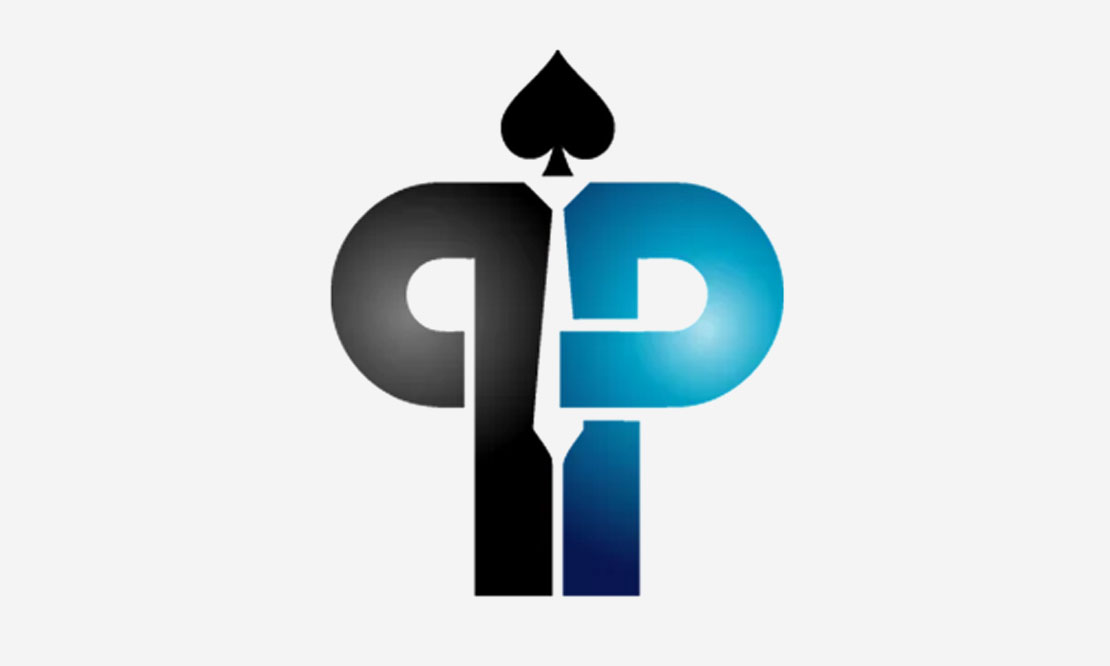
Disclaimer: I am not an accountant or tax professional. All information I provide is my opinion based on my own research and experience. For the most accurate information regarding taxes, please consult a tax professional.
In 2010, thanks to the case of Mayo vs Commissioner, professional gamblers gained the ability to subtract their necessary expenses from any profits they earn. I found this ruling to be very beneficial, as such, I file on a schedule C. This allows me to write off a various items partially or fully. Some of the various items I write off include poker books, podcast subscriptions, computers I use for poker practice, meals, hotels, flights, gasoline, as well as internet and cell phone as I use them to track my poker progress. To put it simply, I can write off anything related to my poker business as long as I keep thorough and meticulous track of everything I claim in case of an audit.
Let’s say for example I make $50,000 in a year but my expenses are $20,000, I end up only paying taxes on the $30,000 profit I earned. I am also able to report my income quarterly and earn income on this money while the government does not keep my withholdings. I pay my taxes based on a set quarterly schedule. If I want my income to be higher I could simply not claim as much in expenses and instead report my income higher. I doubt the IRS would be upset if I choose to pay more in taxes. Why would anyone want to give more money to the IRS? Read last weeks post to see my opinion on owning vs. renting a home.
By filing as a poker player I am able to claim more or less on my taxes while electing to pay more in taxes in order to qualify for higher loan amounts or personal lines of credit. Personally, I believe it is wise to pay your taxes and take advantage of all the benefits you are able to receive by managing your money well. Who wouldn’t want lower interest rates on cars, homes, credit cards and personal loans? As I said before, it is of the utmost importance to stay extremely organized and keep track of every expense; Tips to cocktail waitress, dealers or money made from comp dollars and promotions. Keep in mind comp dollars you receive in casinos are not taxable.
My current home casino I play at pays me close to $3 for every hour of play. Depending on how much time you spend playing, in a year this can be over $2,500 in non-taxable income. Keeping track of this information all while playing can become quite the challenge. That’s why I recommend a few apps that will help you keep track of everything. One very important app I use for live play is an app called Run Good. I use to use Poker Journal. but had some software issues with it. I have also been told Poker Income is another solid app for Droid users. When I played online I used to use Check Your Bets. Always be sure to back-up all of your information. In 2012 my phone was stolen and I lost an entire year of entries because I had not backed it up, suffice to say, I was not a happy camper.
Another reason you want to keep detailed notes, Uncle Sam likes to audit poker players, so be as thorough as possible. A lot of poker players I know who play cash games avoid taxes or pay very little or simply forget. I am not recommending you avoid paying taxes. Unfortunately there are also negative consequences for being a good citizen and paying your taxes. I know, imagine that! If you decide to pay your taxes on your poker winnings understand that the tax law doesn’t work in your favor because it will not take any future downswings into account. From my understanding, The U.S. government implements a self-employment tax on professional players and does not recognize a poker player as a big business.
Say you have a losing year one year, followed by a winning year the next, you cannot deduct your losses from the year before. What’s even worse is say you were to have two losing years in a row the same thing applies. I have been fortunate in that I have not had a losing year since I have began playing poker regularly in 2007. I have only had three small losing months and one break even month in that time frame so, thankfully, this scenario has not applied to me. If you play tournaments full-time this is a very plausible scenario. As mentioned before, poker players are more likely to get audited. You must keep accurate records for at least 5 years. If you are CPA or tax accountant, or have anything to add or correct, please do not hestitate to email me at ThePokerProneuer@gmail.com Next post I will delve into what it truly means to be a poker pro.





Leave a comment